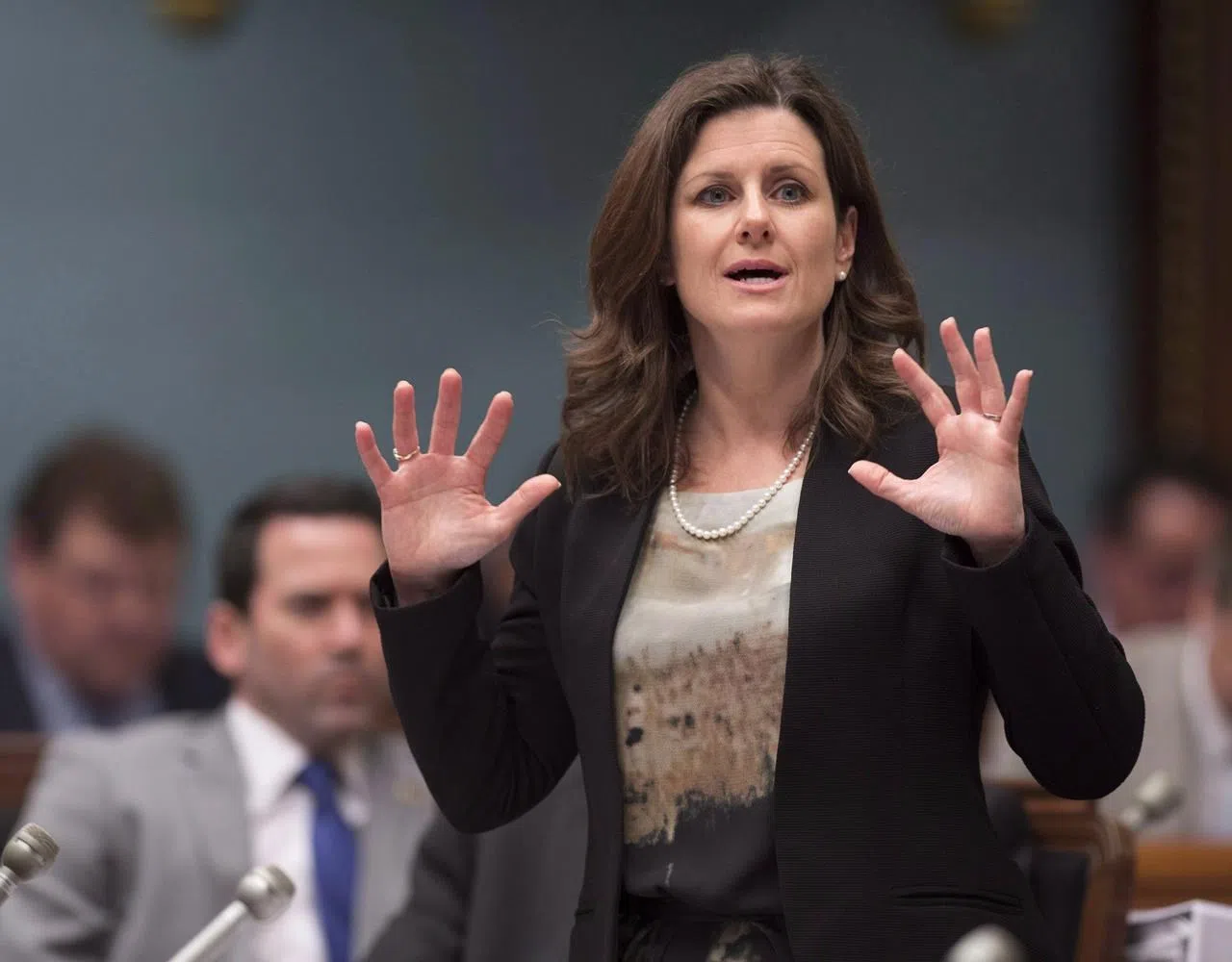
Confrontation likely between Quebec and school system over face-veil ban
MONTREAL — The Quebec government appears on a collision course with Montreal universities and junior colleges over Bill 62, which prohibits students from covering their face in class.
Justice Minister Stephanie Vallee sought to dispel confusion Tuesday surrounding the law after saying last week — to great consternation — that people riding the bus would have to do so for the entire journey with their face uncovered.
The minister backtracked, saying only those whose fare requires a card with photo ID will need to uncover their face before riding public transit — and that they can put the veil back on once they’ve been identified.
Vallee made it clear, however, that when it comes to the classroom, the veil must come off — and stay off.
